Videos
Speakers
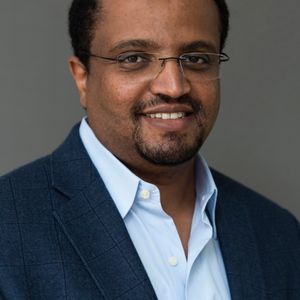
Bizu Gelaye
Chief, Epidemiology Branch and Senior Investigator, Eunice Kennedy Shriver National Institute of Child Health and Human Development
Bizu Gelaye, Ph.D., is a Senior Investigator and Chief of the Epidemiology Branch in the Division of Population Health Research. His research focuses on: understanding the role preconception and perinatal psychosocial exposures (e.g., trauma exposure) play in shaping short- and long-term maternal and offspring health outcomes, studying how biological, molecular, environmental, social, and structural factors impact prematurity, particularly among racial and ethnic groups; and identifying evidence-based solutions that promote health equity and improve outcomes in maternal and child health through prevention, early diagnostics, therapeutics, and/or policy change. Before joining NICHD, Dr. Gelaye was a faculty member in the departments of epidemiology and psychiatry at the Harvard T.H. Chan School of Public Health, Harvard Medical School, and Massachusetts General Hospital. At Harvard, he was the founding director of the Mississippi Delta Partnership in Public Health at the Harvard T. H. Chan School of Public Health. The program seeks to advance health and well-being in the Mississippi Delta through community engagement, collaborative research, and leadership development.

John Green
Professor and Director, Southern Rural Development Center
John J. Green, PhD, is Director of the Southern Rural Development Center (SRDC), an organization focused on building capacity among the 30 Land-Grant institutions located in the region. The SRDC is one of four Regional Rural Development Centers in the country arising from the 1972 Rural Development Act and operating with base support from the US Department of Agriculture’s National Institute of Food and Agriculture. Dr. Green also serves as Professor (Rural Sociology) in the Mississippi State University (MSU) Department of Agricultural Economics and Affiliated Faculty in the Department of Sociology.
Before joining MSU, he served as Director of the Center for Population Studies, founding Co-Director of the Society and Health Academic Minor, and faculty in the Department of Sociology and Anthropology at the University of Mississippi. Prior to UM, Dr. Green worked in several capacities (faculty, Community Development Graduate Coordinator, Interim Chair, Interim Director) at Delta State University through the Center for Community and Economic Development and the Division of Social Sciences and History.
Dr. Green received his BA in Political Science and MS in Sociology from MSU, followed by his PhD in Rural Sociology from the University of Missouri-Columbia. His current areas of research, Extension, and teaching include: regional approaches to socioeconomic development, especially in the Southern Region and sub-regions; connections between development and health across the life course; use of data on population change in conjunction with community engagement strategies to inform public policy and Extension efforts; and models for fostering relationships across social, institutional, and state boundaries. Substantively, he is working on issues related to food systems, heirs’ property, digital access, safe drinking water, birth outcomes, and aging.
Dr. Green is a Past President (August 2022-2023) of the Rural Sociological Society, and he serves as Editor of the Journal of Rural Social Sciences with the Southern Rural Sociological Association. He is a former editor of the Community Development Society’s journal, Community Development. He has long been a coordinating member of the Delta Directions Consortium, a multi-state and multi-institutional network focused on health and economic renewal. Furthermore, John was Vice-Chair of the Mississippi Complete Count Committee for the 2020 Census and Program Scholar with the Mississippi Humanities Council and Museum on Main Street Smithsonian Institute’s traveling exhibit, Crossroads: Change in Rural America.
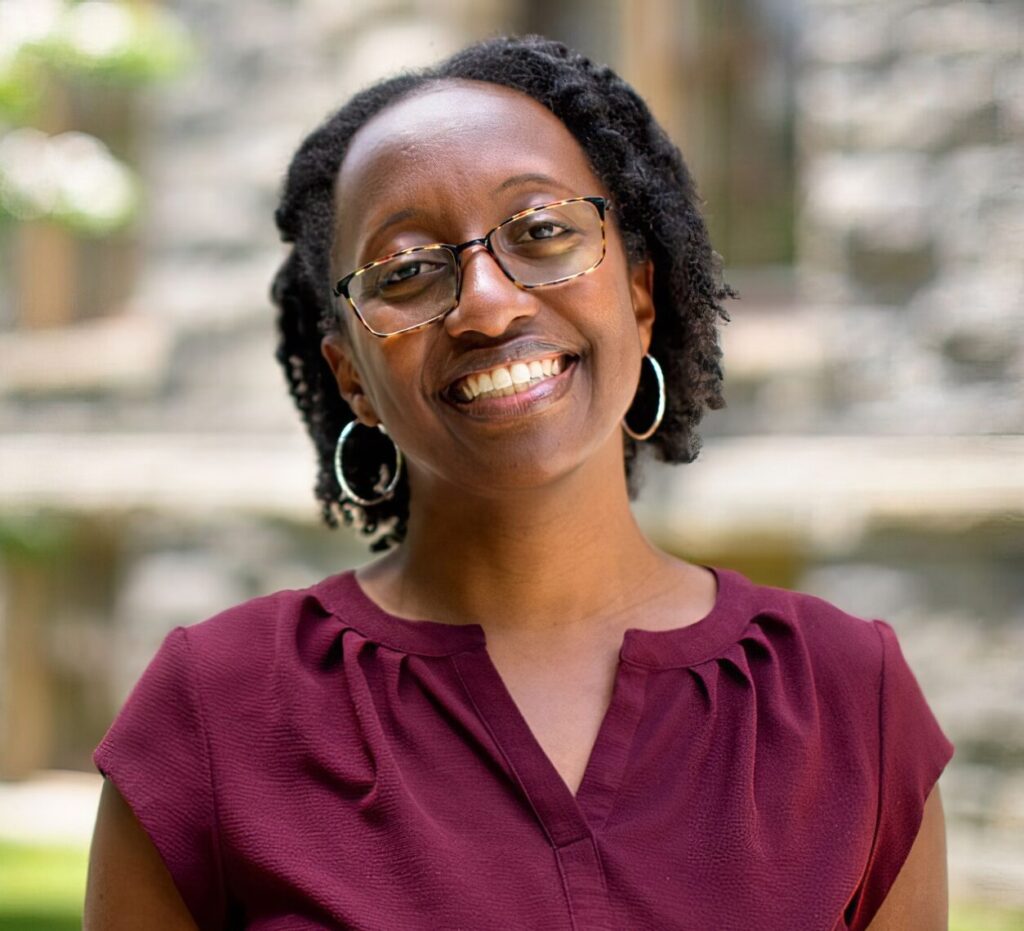
Jamila Michener
Associate Professor, Department of Government, Cornell University
Jamila Michener is an Associate professor in the department of Government. Her research focuses on poverty, racial inequality and public policy in the United States. Her recent book, Fragmented Democracy: Medicaid, Federalism and Unequal Politics (Cambridge University Press) examines how Medicaid–the nation’s public health insurance program for people with low income–affects democratic citizenship. Unpacking how federalism transforms Medicaid beneficiaries’ interpretations of government and structures their participation in politics, Fragmented Democracy assesses American political life from the vantage point(s) of those who are living in or near poverty, (disproportionately) Black or Latino, and reliant on a federated government for vital resources.
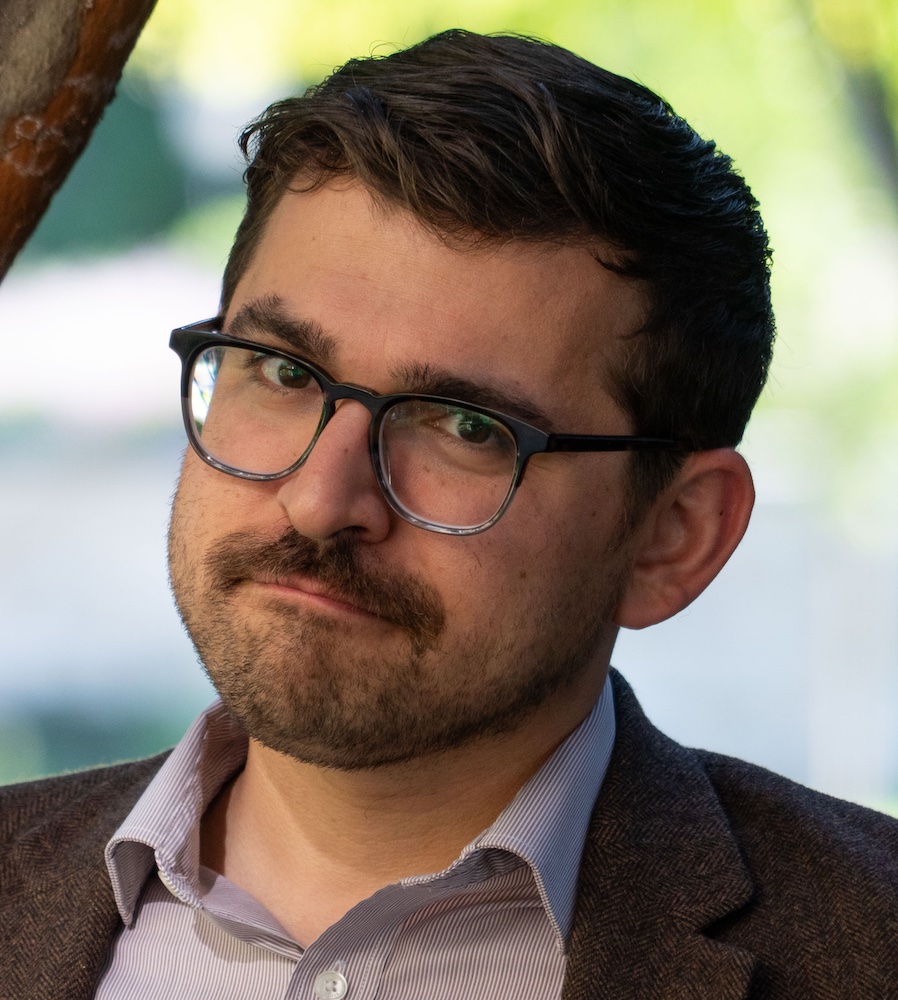
Philip Rocco
Associate Professor of Political Science, Marquette University
Philip Rocco is an Associate Professor of Political Science at Marquette University and coeditor of Publius: The Journal of Federalism. His research focuses on federalism, public policy, and the political economy of policy knowledge. Rocco is the coauthor of Obamacare Wars: Federalism, State Politics, and the Affordable Care Act and coeditor of American Political Development and the Trump Presidency. His forthcoming book, Counting Like a State, will be published by the University Press of Kansas in early 2025.

Lynn C. Woo
Associate Director, Center for Population Studies, The University of Mississippi
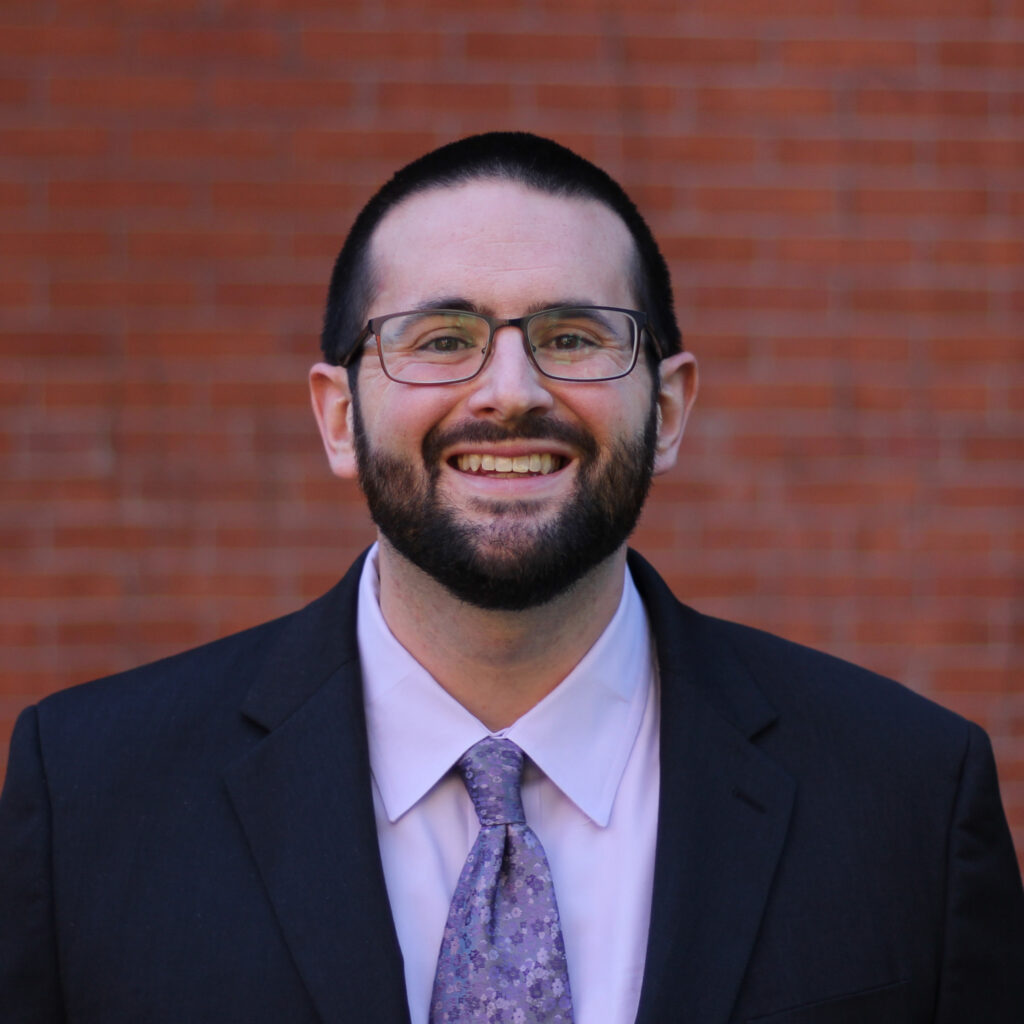
Timothy Callaghan
Associate Professor of Health Policy and Politics, Boston University School of Public Health
Timothy Callaghan is an Associate Professor of health policy and politics in the Department of Health Law, Policy, and Management at the Boston University School of Public Health. His research focuses on how politics, policy, and place work together to influence health in America. He has conducted extensive research on individual health attitudes and behaviors, with a particular emphasis on understanding and overcoming vaccine hesitancy. He has also carried out considerable research studying public experiences with Medicaid, substance abuse, and the 988 mental health lifeline. Dr. Callaghan also regularly studies health access and outcomes for vulnerable populations, with a particular emphasis on studying rural health.
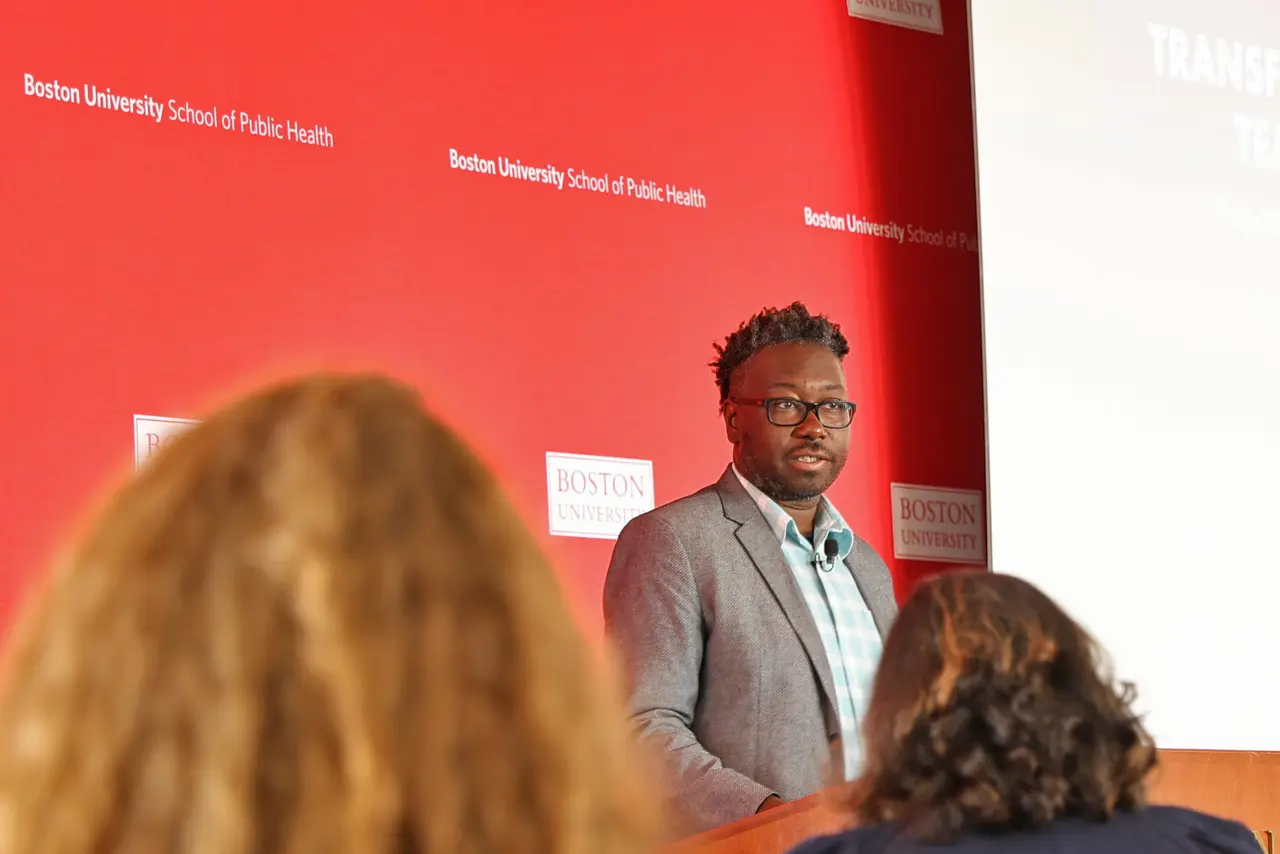
Subscribe to PHC
Get the latest from Boston University School of Public Health



